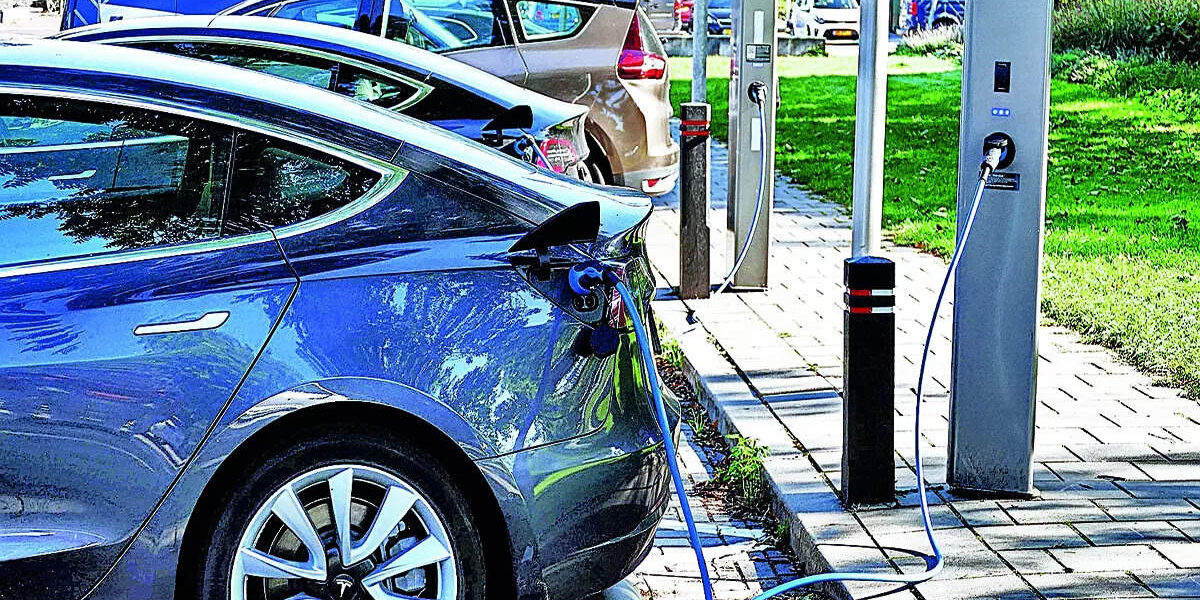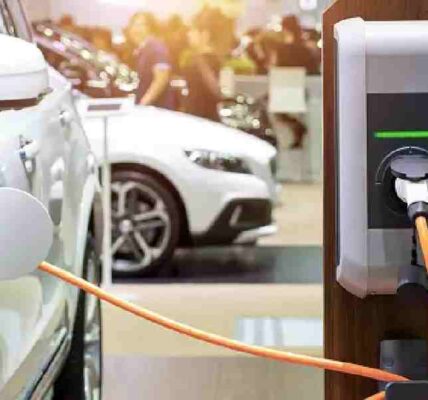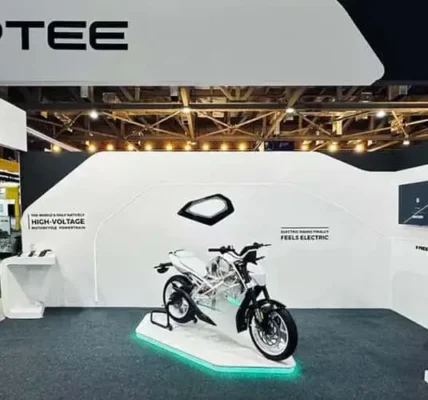An electric vehicle (EV) charging station at a Bescom office in Bengaluru. Bengaluru Urban district has 4,281 charging stations, constituting 85% of the total charging infrastructure within Karnataka.
An electric vehicle (EV) charging station at a Bescom office in Bengaluru. Bengaluru Urban district has 4,281 charging stations, constituting 85% of the total charging infrastructure within Karnataka.
To bolster the infrastructure necessary for the widespread adoption of electric vehicles (EVs), the Karnataka Transport Department has prepared a plan to set up EV charging stations in all Regional Transport Offices (RTOs) and on highways in the State.
The installation of EV charging stations will be facilitated through collaboration with electricity supply companies (escoms). An official in the Transport Department said, “To incentivise the usage of electric vehicles, we are taking pro-active measures to establish EV charging stations along major highways and RTO offices. Our plan involves partnering with local escoms to ensure setting up of these charging stations.”
Karnataka stands at the forefront in India in terms of public EV charging infrastructure, boasting of a staggering 5,059 charging stations, as per data from the Bureau of Energy Efficiency (BEE) under the Union Ministry of Power. Bengaluru Urban district leads with 4,281 charging stations, constituting 85% of the total charging infrastructure within Karnataka.
Surge in electric vehicle adoption
“The surge in electric vehicle adoption is palpable in Karnataka, evident from the substantial increase in registered EVs over the past few years. According to our estimates, this trend is expected to continue, with projections suggesting a remarkable increase to 23 lakh electric vehicles in Bengaluru by 2030, compared to 80,000 in 2021,” an official explained.
The State Government unveiled a revised draft Electric Vehicle (EV) policy (2023-28) in 2023, aimed at fostering a robust electric vehicle ecosystem in Karnataka. The policy endeavors to attract an investment of ₹50,000 crore while simultaneously generating employment opportunities for one lakh individuals.
Karnataka Government discontinues tax exemption for high-end EVs
Recently, the State Government ceased providing tax breaks for high-end EVs in Karnataka. The result was an increase in the prices of high-end electric vehicles, priced at ₹25 lakh and above. This increase stems from the lifetime tax, amounting to 10% of their total cost, during the registration process.
This tax policy alteration applies to electric cars, SUVs, and buses, according to a notification marking the government’s initial step towards eliminating tax exemptions previously applicable to the registration of new electric vehicles.







